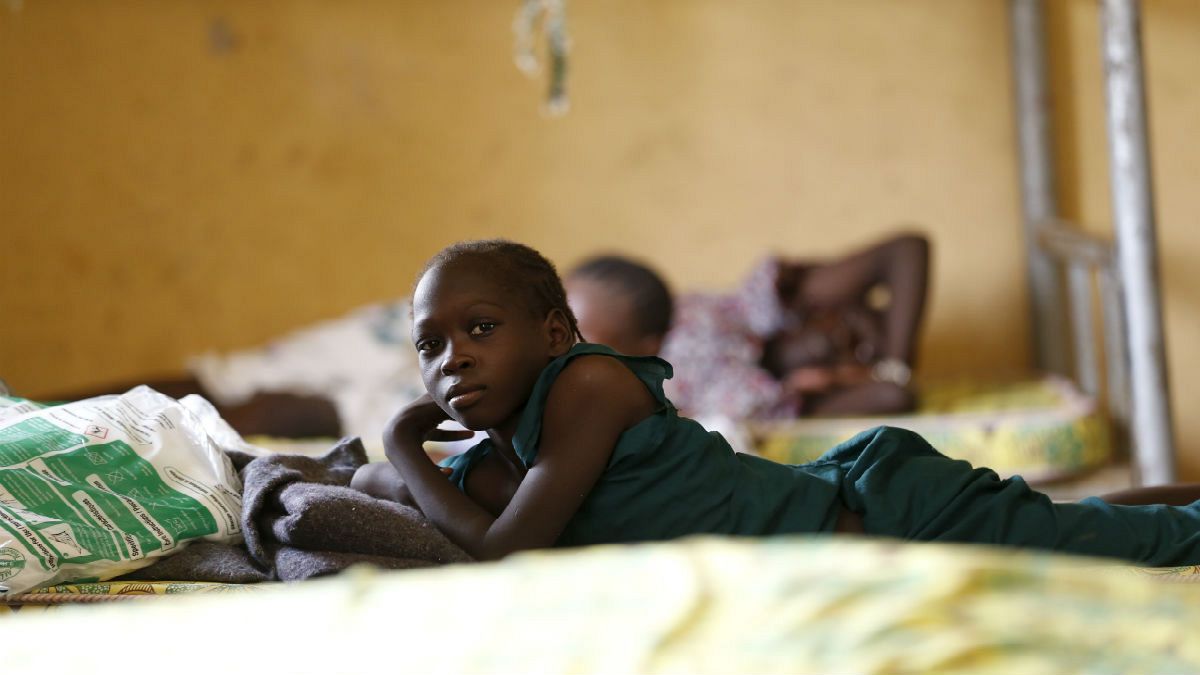The number of children blown-up has quadrupled so far in 2017.
UNICEF has hit out after new figures revealed a sharp increase in the number of children being used as human bombs in Nigeria.
The charity says 83 youngsters, including one baby, have been used in attacks so far this year in the country’s north-east.
It said 27 were boys and 55 were girls, many of them under 15 and including one who had a baby strapped to her.
The death toll in just eight months of 2017 is more than four times the figure for the whole of last year.
A spokeswoman for UNICEF told Euronews the children were blown up on timers or self-detonation.
“UNICEF is extremely concerned about an appalling increase in the cruel and calculated use of children, especially girls, as so called ‘human bombs’ in northeast Nigeria,” the charity said in a statement.
“Children have been used repeatedly in this way over the last few years and so far this year, the number of children used is already four times higher than it was for all of last year.
“The use of children in this way is an atrocity. Children used as so called ‘human bombs’ are, above all, victims, not perpetrators.
“The armed group commonly known as Boko Haram has sometimes, but not always, claimed responsibility for these attacks, which target the civilian population.
“The use of children in such attacks has had a further impact of creating suspicion and fear of children who have been released, rescued or escaped from Boko Haram.
“As a result, many children who have managed to get away from captivity face rejection when they try to reintegrate into their communities, compounding their suffering.”
Boko Haram’s brutal eight-year campaign to carve out an Islamic state in northeast Nigeria has killed about 20,000 people and forced more than 2.7 million to flee their homes.
Nigeria’s military last year wrested back large swathes of territory from the Islamist insurgents. But the militants have struck back with renewed zeal since June, killing at least 170 people and weakening the army’s control in the northeast.
The spike in violence is hindering aid work in the region, with agencies such as the NRC having been forced to temporarily suspend their operations in Maidiguri – the capital of Borno state – due to threats from Boko Haram.
“We are worried that if these attacks continue, a very bad situation will grow even worse when it comes to aid access and delivery,” Jackie Okao, protection and advocacy adviser at the NRC in Nigeria, told the Thomson Reuters Foundation by phone.
About 5.2 million people are expected to need food aid by the end of this month – an increase of 500,000 from the start of 2017 – in a region threatened with famine, according to the United Nations’ World Food Programme (WFP).
Yet the situation could be far worse with many areas cut off from help due to the threat of Boko Haram and the arrival of the rainy season restricting access, aid agencies say.
